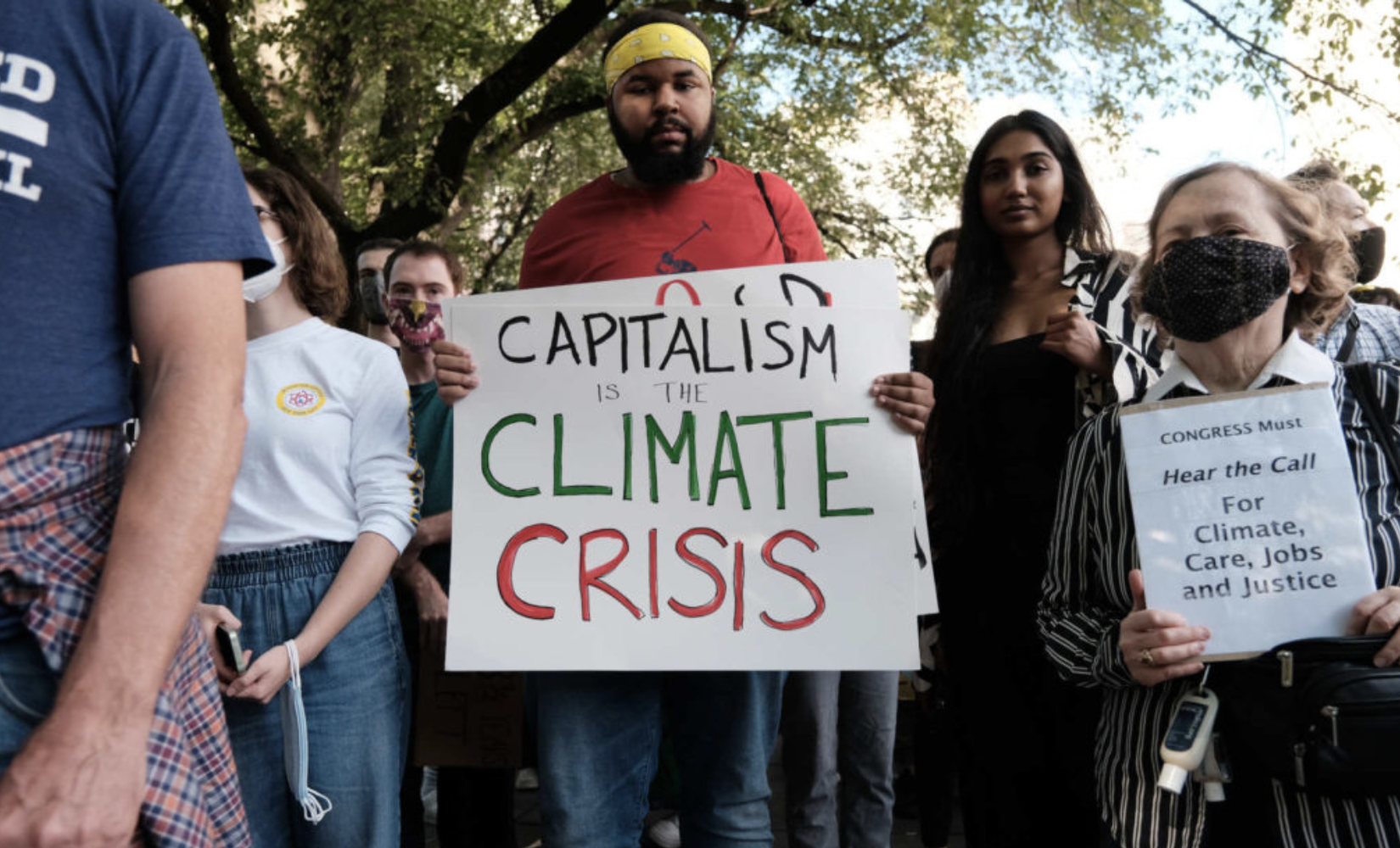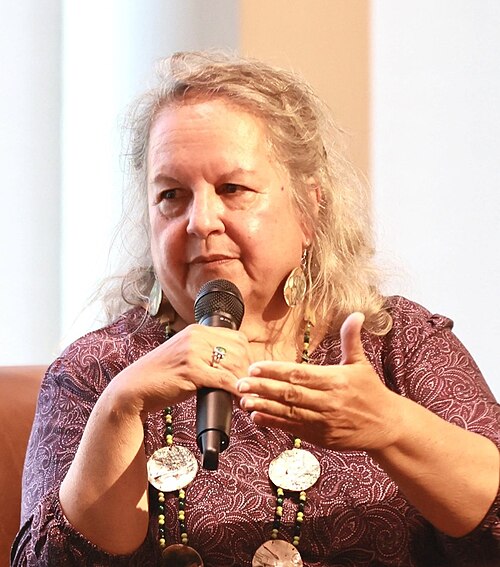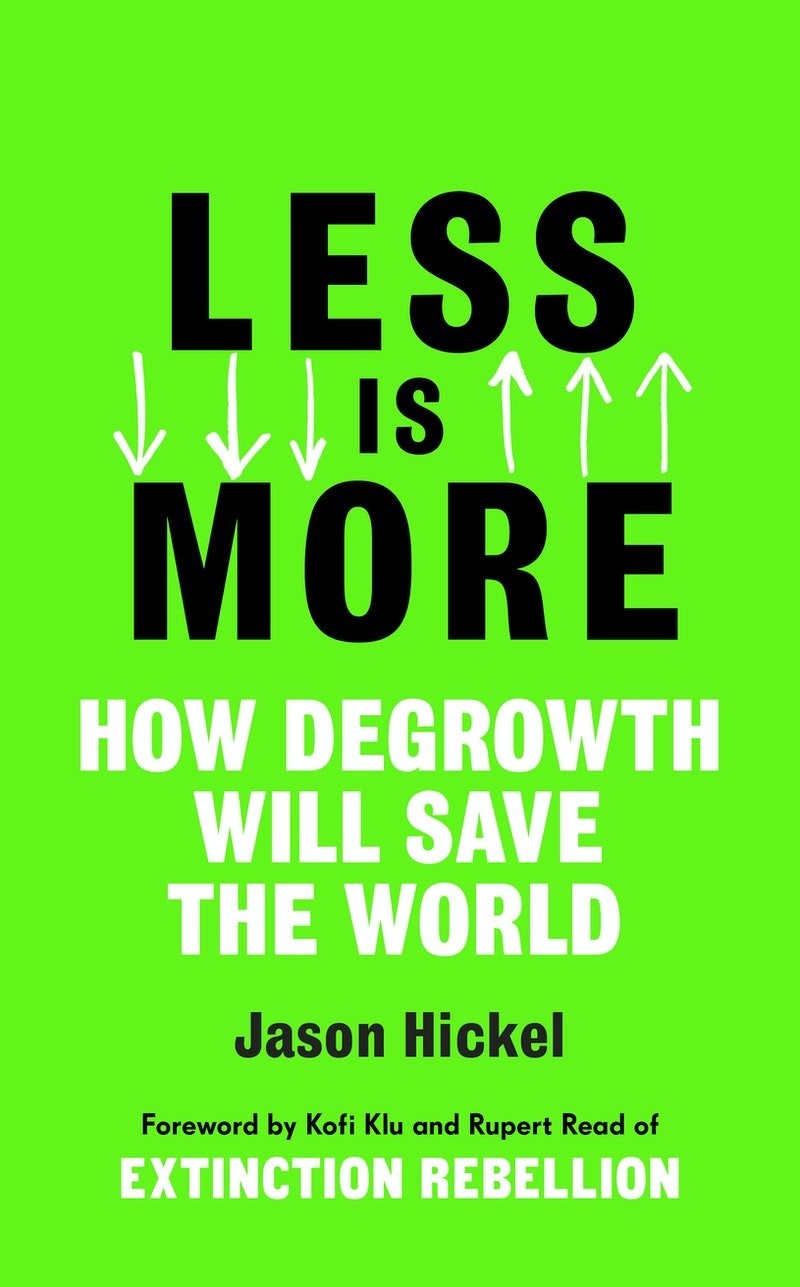December 31, 2021
Economics
We don't need to sacrifice prosperity, but to redefine it.

Demonstrators take part in the Global Climate Strike in Manhattan on September 24, 2021 in New York City. Spencer Platt/Getty Images
Many scientists, politicians, and commentators have disparaged degrowth as unrealistic, and asserted that there simply isn’t enough political will to pursue it. We must act on climate now, they say, and we must act within the parameters of our current economic system. There is no time for a revolution.
This, arguably defeatist, perspective is in part the result of a misunderstanding of what degrowth really stands for. Degrowth doesn’t imply a radical decline in living standards, as some commentators have suggested, nor does it mean that poor people would become even poorer. This is because degrowth calls not only for reducing the extraction of resources but also for distributing those resources more equitably. Neither does degrowth mean that all sectors of the economy would shrink; sectors less dependent on resource extraction, such as education and health care, could keep expanding.
<p>But even more importantly, degrowth is too often portrayed merely as an economic idea when it is, in fact, just as much a cultural notion. The culture of degrowth calls for us to view ourselves as stewards of the planet. It pushes us to recognize that our relationship with the natural environment is a two-way street — that we must take care of nature if we want nature to take care of us. And it calls for us to respect our planet’s limits, to look out for other species, and to recognize that our own fate is tied up with the health of the ecosystems we inhabit.
A culture of degrowth sees justice as intergenerational, and respects the rights of the world’s future inhabitants.
“What would it take for society to embrace degrowth as a new cultural paradigm?” – Peter Sutoris
ARTICLE: ‘Degrowth’ Isn’t Just About the Economy. It’s About Culture




